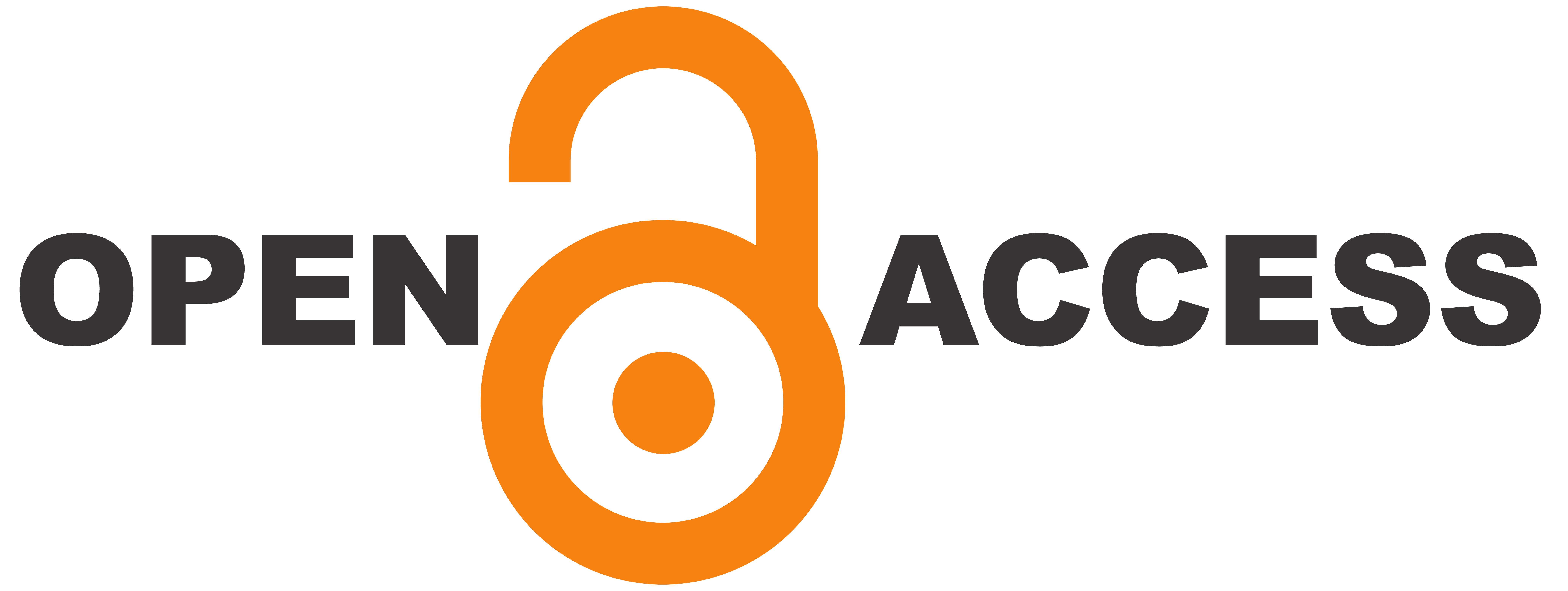Online Submissions
Already have a Username/Password for ADBU Journal of Electrical and Electronics Engineering (AJEEE)?
Go to Login
Author Guidelines
PAPER TEMPLATE AND SUBMISSION :
Before submission, please read the following guidelines:
AJEEE International Journal globally welcomes research scholars & scientists from different thrust areas as listed on our
About page, in its realm of Open Access Publication. Through the integration of scientific researchers & industrial practitioners, each Call for Papers by AJEEE editors becomes another success story of its contribution towards the prosperity of scientific research, social infrastructure & industrial advancement.
Authors are invited to submit high-quality and original unpublished research work focused on the latest findings related to the field of Electrical and Electronics Engineering science.
Manuscripts submitted to this journal will be deemed as not-yet-published and not under consideration for publication elsewhere.
- NO PUBLICATION FEE
- NO ARTICLE PROCESSING CHARGES
Submit your paper ONLINE in AJEEE Paper Template (MS Word).
Ethics
The editors and publisher of this Journal believe that there are fundamental principles underlying scholarly or professional publishing. While this may not amount to a formal "code of conduct", these fundamental principles with respect to the authors' paper are that the paper should:
- be the authors' own original work, which has not been previously published elsewhere. AJEEE allows a maximum of 10% of plagiarism only. To verify originality, your article will be checked by a professional text-similarity detection service Turnitin (https://www.turnitin.com) or Ouriginal (https://www.ouriginal.com),
- be grammatically correct in standard English. You should use Grammarly (https://www.grammarly.com) to check the grammatical mistakes before submitting.
- have Complete and correct referencing in IEEE style with URL or DOI for each reference. For reference formatting, you can take help from ZoteroBib/any other reference formatting platform by applying the "IEEE (with URL)" bibliography style (https://zbib.org),
- reflect the authors' own research and analysis and do so in a truthful and complete manner,
- properly credit the meaningful contributions of co-authors and co-researchers,
- not be submitted to more than one journal for consideration (ensuring it is not under redundant simultaneous peer review), and
- be appropriately placed in the context of prior and existing research.
For a full description of the standards of expected ethical behaviour by all parties involved in the publishing process (the author, the journal editor, the peer reviewer and the publisher, please see:
Publication Ethics and Malpractice Statement .
Of equal importance are ethical guidelines dealing with research methods and research funding, including issues dealing with informed consent, research subject privacy rights, conflicts of interest, and sources of funding.
While it may not be possible to draft a "code" that applies adequately to all instances and circumstances, we believe it useful to outline our expectations of authors and procedures that the Journal will employ in the event of questions concerning author conduct. Relevant conflicts of interest should be disclosed.
Plagiarism
The journal has a strict policy against plagiarism. All submitted manuscripts are checked for plagiarism using professional plagiarism-checking software. AJEEE allows a maximum of 10% of plagiarism only. Submitted manuscripts with an unacceptable similarity index resulting from plagiarism are rejected immediately.
PAPER TEMPLATE AND SUBMISSION :
Submission Preparation Checklist
As part of the submission process, authors are required to check off their submission's compliance with all of the following items, and submissions may be returned to authors that do not adhere to these guidelines.
- The submission has not been previously published, nor is it before another journal for consideration (or an explanation has been provided in Comments to the Editor).
- The submission file is in the AJEEE paper template only (Microsoft Word or RTF).
- The full submitted file is grammatically correct in standard English. Authors are advised to use Grammarly (https://www.grammarly.com) to check the grammatical mistakes before submitting.
- The submitted file has complete and correct referencing in IEEE style with URL or DOI for each reference. For reference formatting, authors are advised to take help from ZoteroBib/any other reference formatting platform by applying the "IEEE (with URL)" bibliography style (https://zbib.org)
- Where available, URLs for the references have been provided.
- The text adheres to the stylistic and bibliographic requirements outlined in the Author Guidelines, which is found in About the Journal.
If submitting to a peer-reviewed section of the journal, the instructions in Ensuring a Blind Review have been followed.
Copyright Notice
It describes the rights related to the publication and distribution of research. It governs how authors, publishers and the wider general public can use, publish and distribute articles or books.
Author's Right: For this Journal, the Open Access authors retain the copyrights of their papers, and all open-access articles are distributed under the terms of the Creative Commons Attribution 4.0 International License (CC-BY), which permits unrestricted use, distribution, and reproduction in any medium, provided that the original work is properly cited and to commercially use the work, if stated by the author.
Publisher's (AJEEE) Right: In order for AJEEE to publish and disseminate research articles, we need the authors to share the publishing rights. This is determined by a publishing understanding between the author and AJEEE. Authors retain rights to use and share their own published articles. AJEEE supports the need for authors to share, disseminate and maximize the impact of their research and publishing rights. AJEEE is granted the following rights:
- The right to publish and distribute an article (along with the author(s)), including for commercial purposes.
- The right to provide the article in all forms and media so the article can be used on the latest technology even after publication.
- The authority to enforce the rights in the article, on behalf of an author, against third parties, for example in the case of plagiarism or copyright infringement.
Copyright aims to protect the specific way the article has been written to describe an experiment and the results. AJEEE is committed to its authors to protect and defend their work and their reputation and takes allegations of infringement, plagiarism, ethical disputes and fraud very seriously.
Privacy Statement
The names and email addresses entered in this journal site will be used exclusively for the stated purposes of this journal and will not be made available for any other purpose or to any other party.






